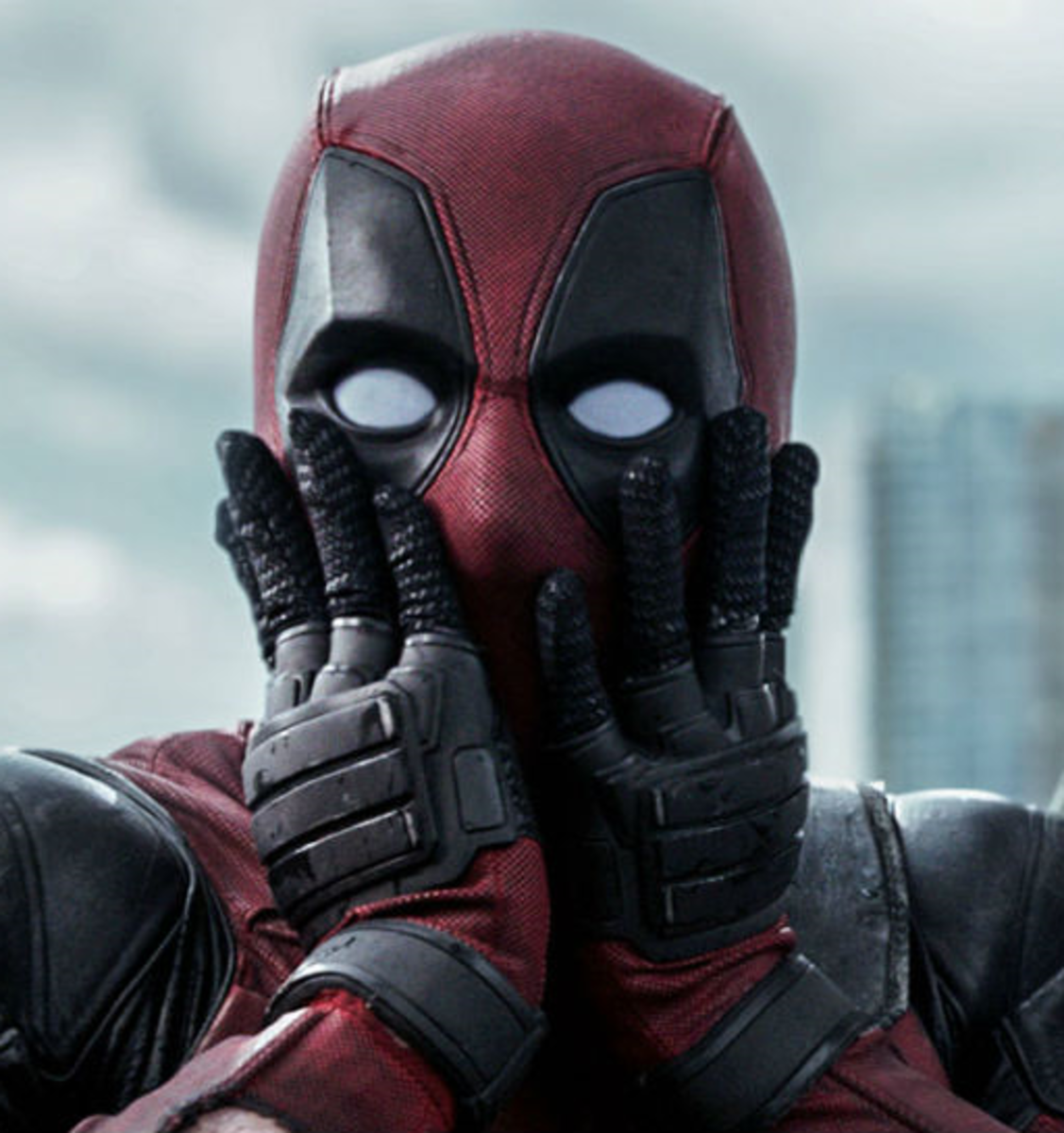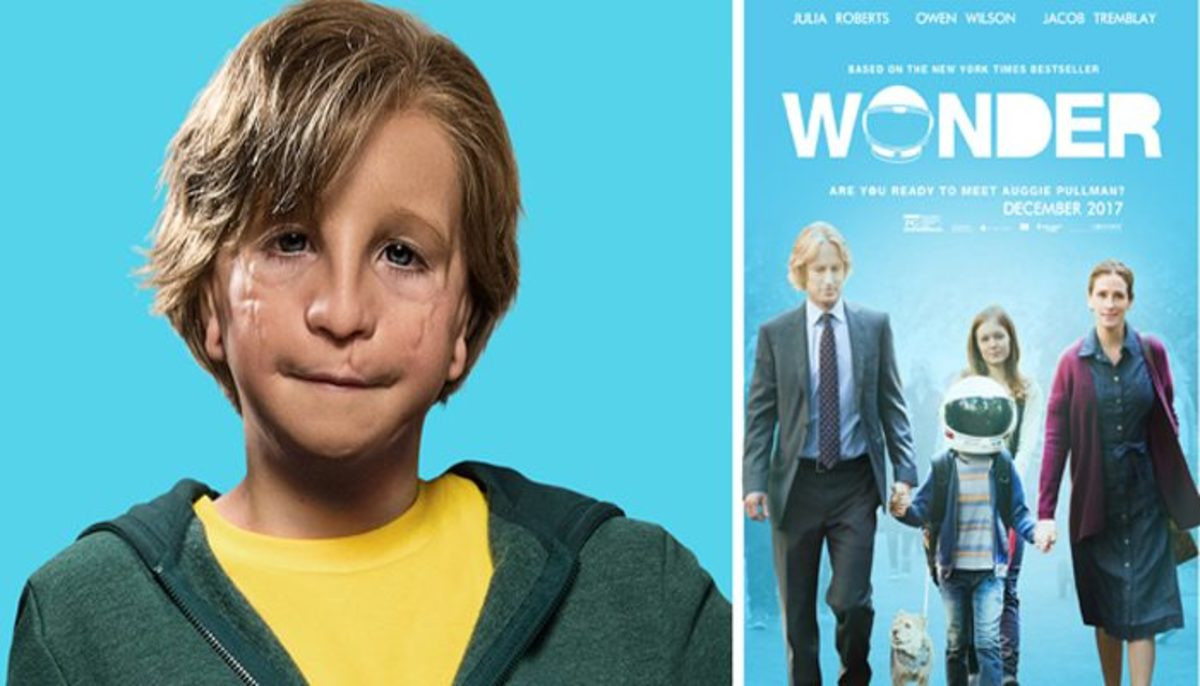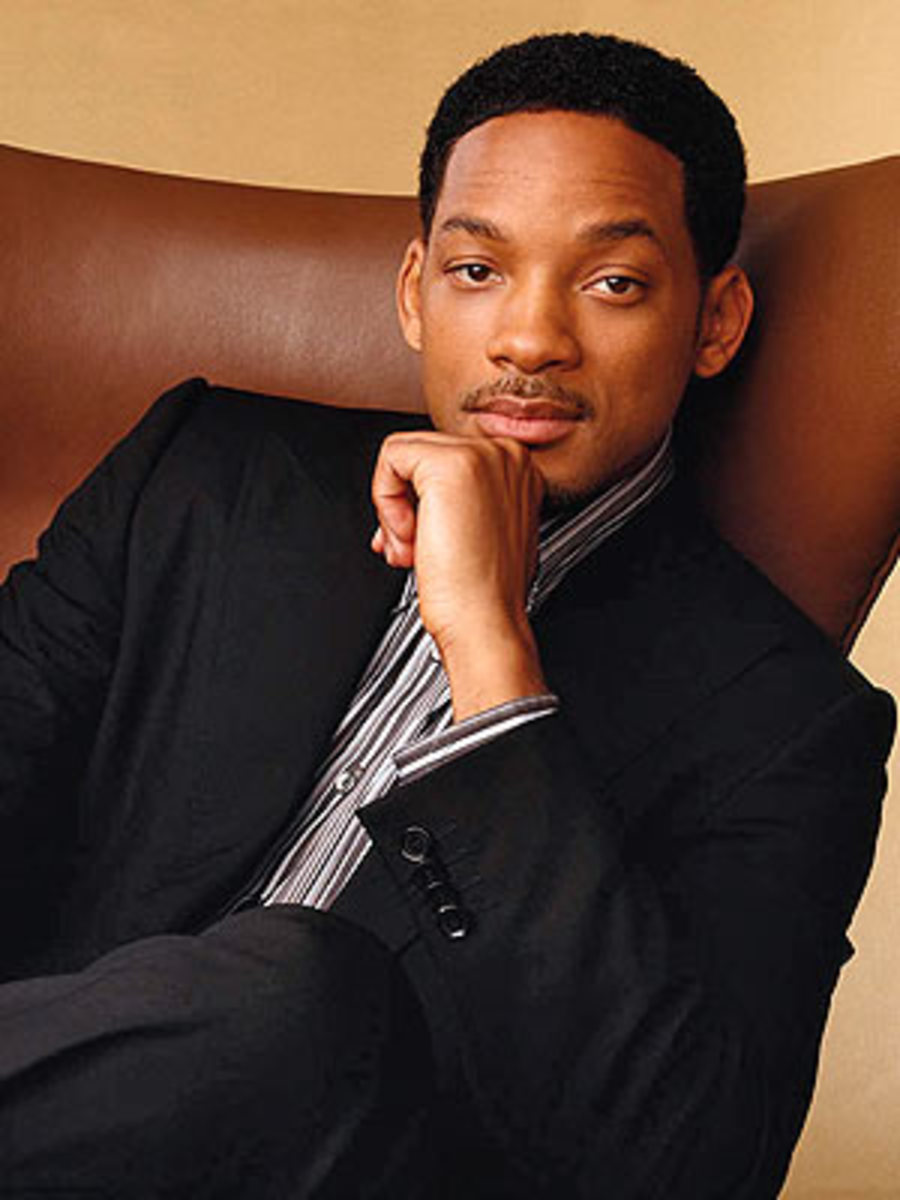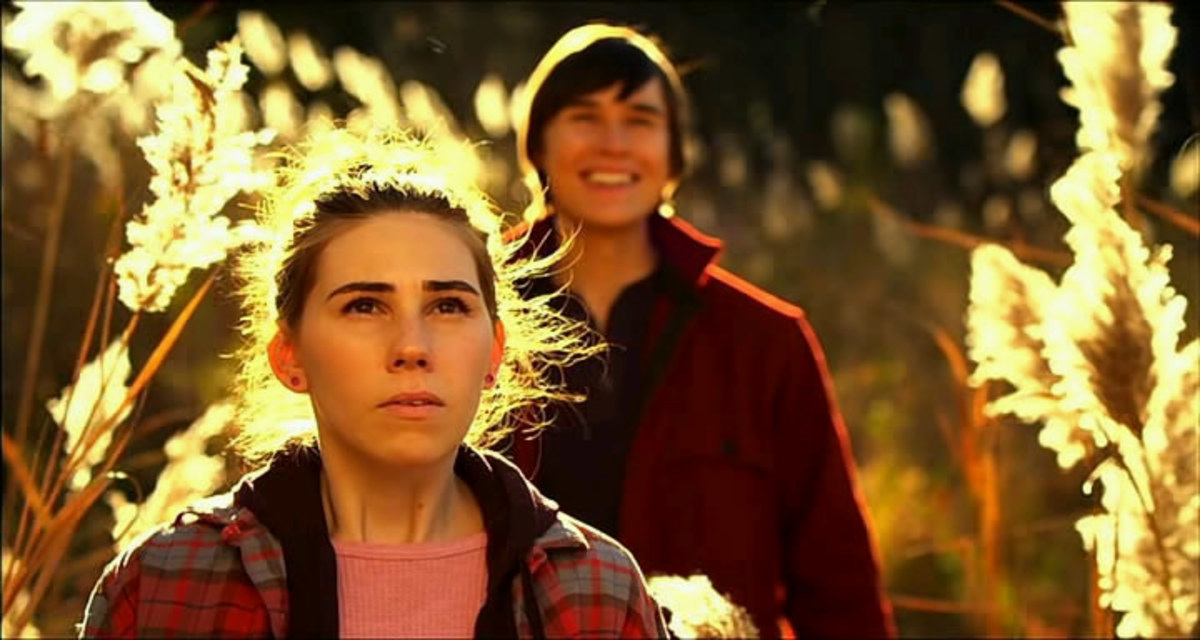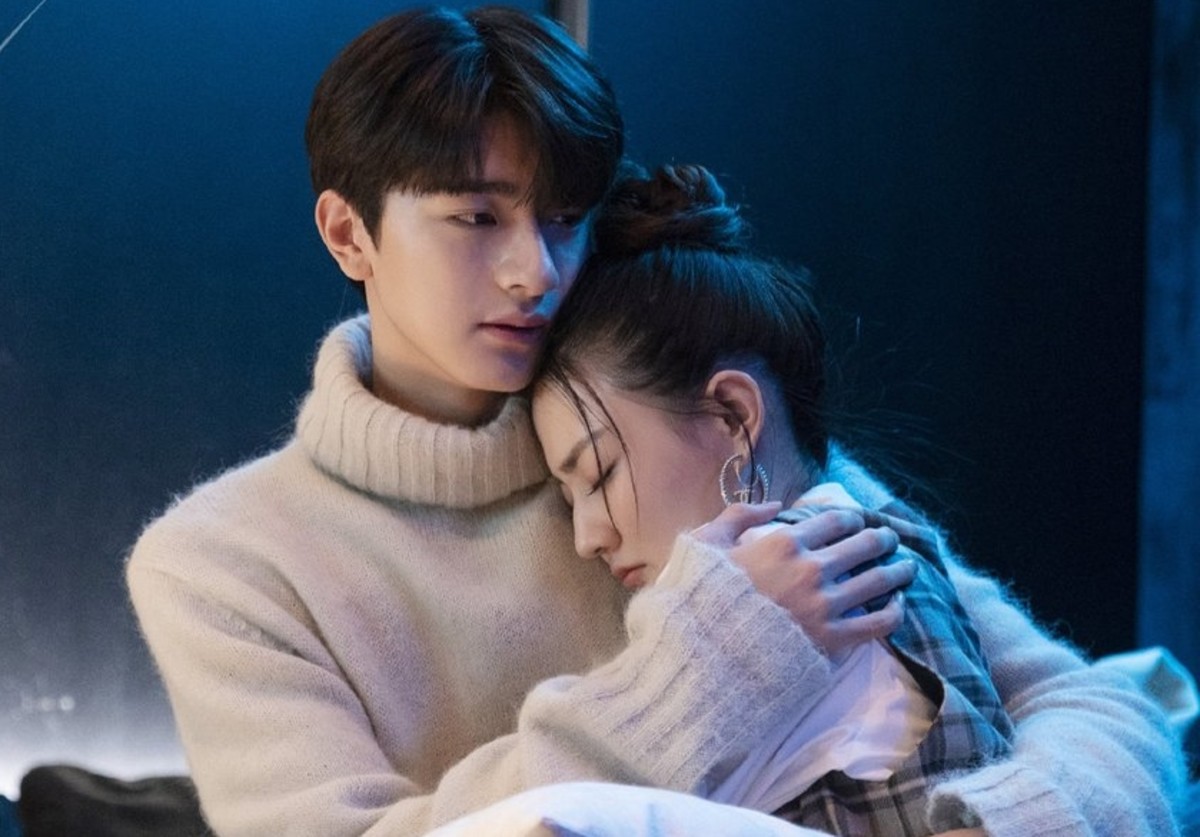Film Contemplation: The Lighthouse (2019) Film Review
'Should Pale death with treble dread/ make the ocean caves our bed/ God who hear'st the surges roll/ deign to save the suppliant soul'

There are often mumbling chatters lamenting the death knell of the the motion pictures. There's nothing new in those pictures that can satiate the creative soul they wail. While the complaints are true to an extent, those grumblers are not aware of the Houdini Acts of the pictures when you least expect it. Just when the chips are down they come with a film so enchanting that it pulls the rug from under you. The Lighthouse is one such picture.
Robert Eggers second motion picture is a riveting piece that celebrates the cinematic experience. It shows that power of the visual medium which cannot be expressed in its true form by the literary one. When you mix it with a truly nerve-racking score you get an original picture that leaves you completely bedazzled. Shot in 1.19:1 aspect ratio or simply square lens, this black and white film is one for the ages.
When you mix it with a truly nerve-racking score you get an original picture that leaves you completely bedazzled.
The film is set in around 1890s when Thomas Wake (Willem Dafoe) and Ephraim Winslow (Robert Pattinson) are tasked with working on the Lighthouse. Their collaboration is expected for four weeks which is the contractual tenure of the latter. The downside is being marooned on a rock surrounded by the sea. In whichever direction they'll look, they'll see only one thing. The daunting sea. And Sea Gulls. And that is before the storm joins the fray to wreck havoc. As expected this is not much of a smooth sail for them. Add to that you have two people who are as different as chalk and cheese and who don't exactly take a shine on each other.
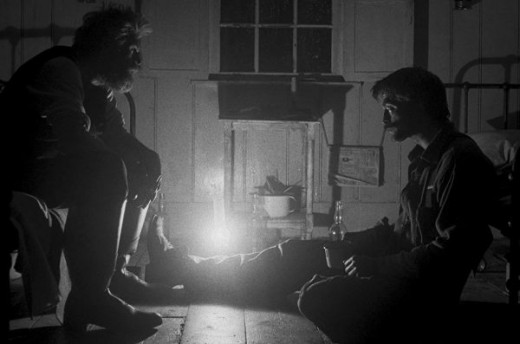
Old timer Wake is a martinet commander who virtues the established order. He is extremely confident in his abilities. He chatters like an old priest. Ephraim on the other hand is more of an independent bird. He is unsure of what happens around him. He is more of a recluse. The fireworks simmer from their first interaction itself. Wake orders Winslow to tend to the chores while he will keeps the light for himself. All reservations of Winslow regarding the protocol are disregarded by his superior. She is mine he is told. So while Winslow meanders across the rock tending the most laborious works, Wake is busy being smitten by the allure of the light. This is their daily routine. The strict discipline of the days are offset by the elderly man's merrymaking at night. However Winslows reluctance to join adds to the hostility. Slowly he starts giving in and the men discuss an important chunk of their past. However there is always a sense of something not being right.
The screenplay co-written by the director along with his brother, Max, is as original as they come. While there have been psychological thrillers based on similar lines, none have been as soul-stirring as this one. To the basic plotline of two men being marooned on an island, the writers add the uncertainty factor of the the lack of dependability of the narrative. Both the characters start losing their sanity which adds to the mayhem. The protagonists' heavy alcohol consumption makes things dicey. How long have they been on the rock? Four weeks? Six weeks? Months? Two days? Is Thomas partly responsible for the death of his old partner? Is isolation driving Ephraim to witness hallucinations involving mermaids and lookalike scrimshaw? Why are Thomas' stories ever so changing? Are Ephraim's days as timberman the reason for his present misfortunes? And the sea gulls have never been more creepy. Is there something lurking in the light room? What is true and what is not is difficult to comprehend.
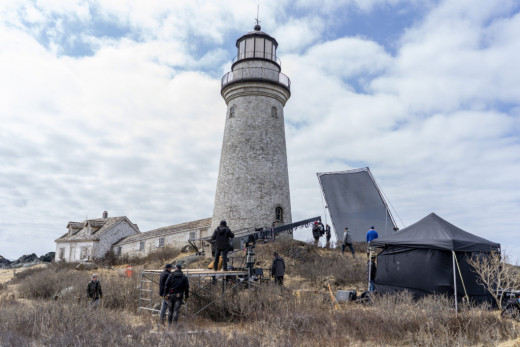
Pattinson and Dafoe provide the audience one of the most exhilarating performances. Since they are the only members of the cast, the film rests solely on their shoulders. They are the most magnetic duo since Sir Laurence Olivier and Michael Caine in 1972's Sleuth. Pattinson is explosive in a stoic performance. His eyes are filled with simmering rage. He shifts between anger, fear, confusion and happiness with unusual ease. Dafoe is stellar as the fastidious officer. His character's contradictory moods are seamlessly displayed by him. He delivers the most arduous line with finesse. As the director himself confirmed, much of the film is from Ephraim's perspective. It is worth considering what kind of film it would have been, if it were from Thomas's point of view. Both of them try to outdo each other in every frame which results in a glittering dual scene-after-scene. Their camaraderie is a sight to behold.
The man at the helm deserves equal praise. Eggers' craft is breathlessly beautiful. In a particularly noteworthy scene, when Thomas is reminiscent of his past and talks to Ephraim about boats and lights, the camera is egged solely on him. Then as he moves towards the table and sits next to his subordinate the camera intercuts between them. Now when Ephraim gets up and starts talking about his past, so does the camera, effortlessly, along with him and the focus is now completely turned on him. It is quite surprising to witness such an auteur's touch from a man in his sophomore picture. The Lighthouse is laced with such momentous occasions. He is ably supported by Mark Korven's score. The chilly compositions ensure a haunting atmosphere. The audience is left at the edge of their seats through the running time.
They are the most magnetic duo since Sir Laurence Olivier and Michael Caine in 1972's Sleuth
There is not a dull moment in this film. At 109 minutes that would be a tall task for anybody. But the director is supremely confident of his vision and the result is one of the most surreal cinematic experience. This black and white film paying an homage to old period will be debated and discussed in the years to come. Cinema and Cinematic experiences are truly alive!
© 2020 Cinemezza

